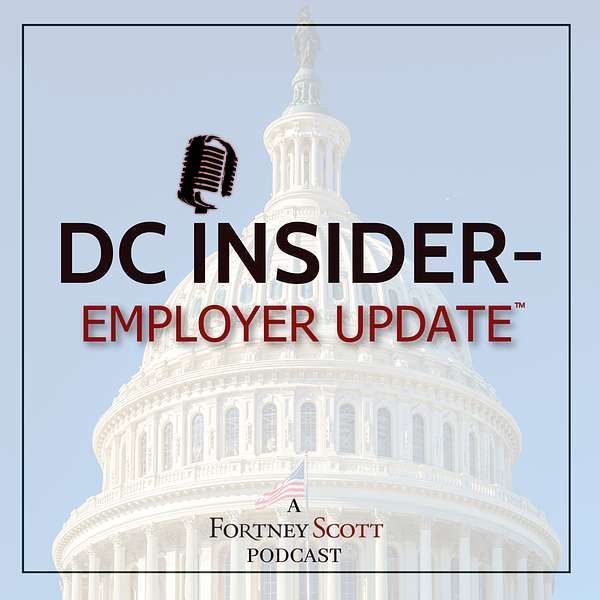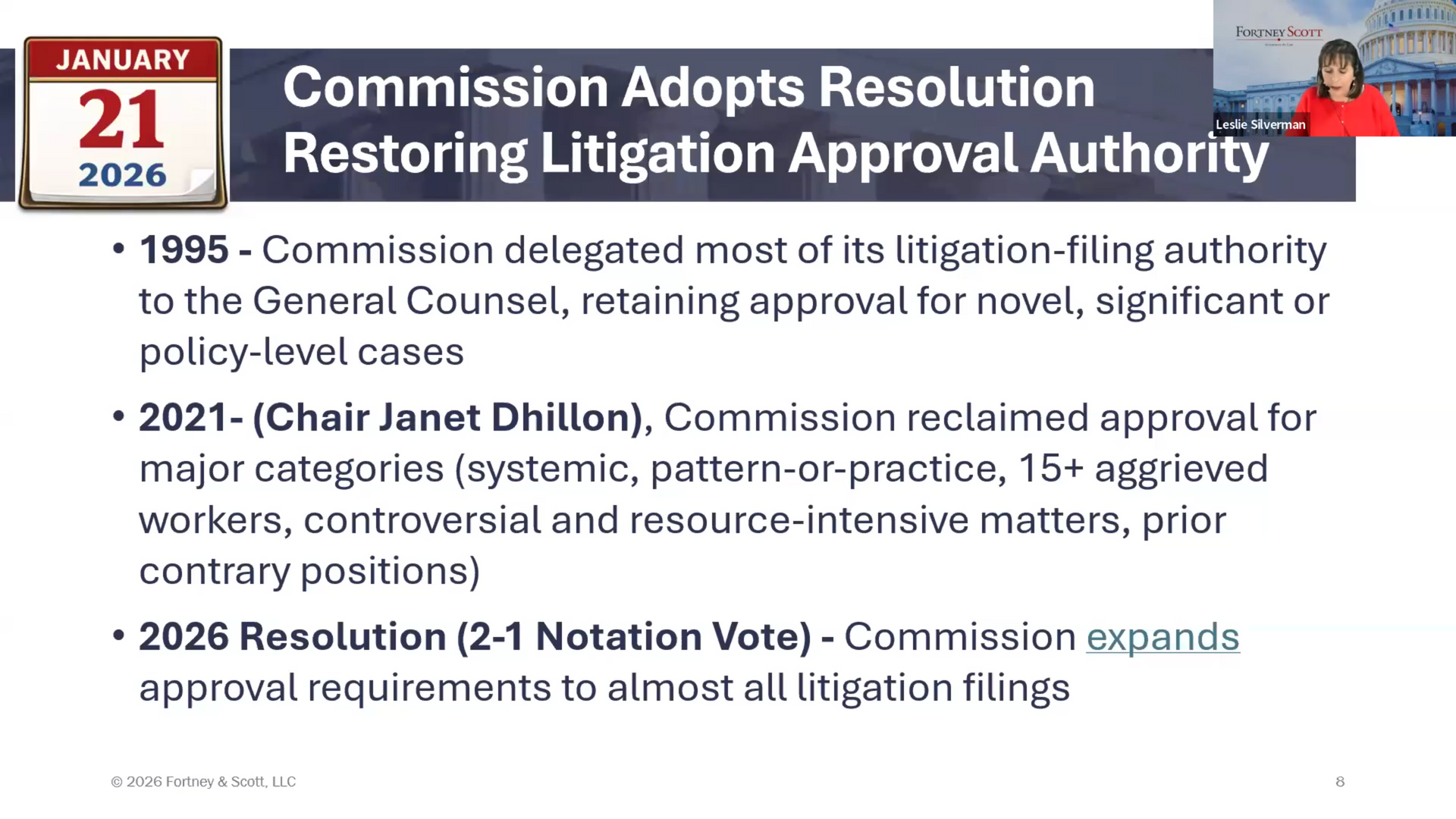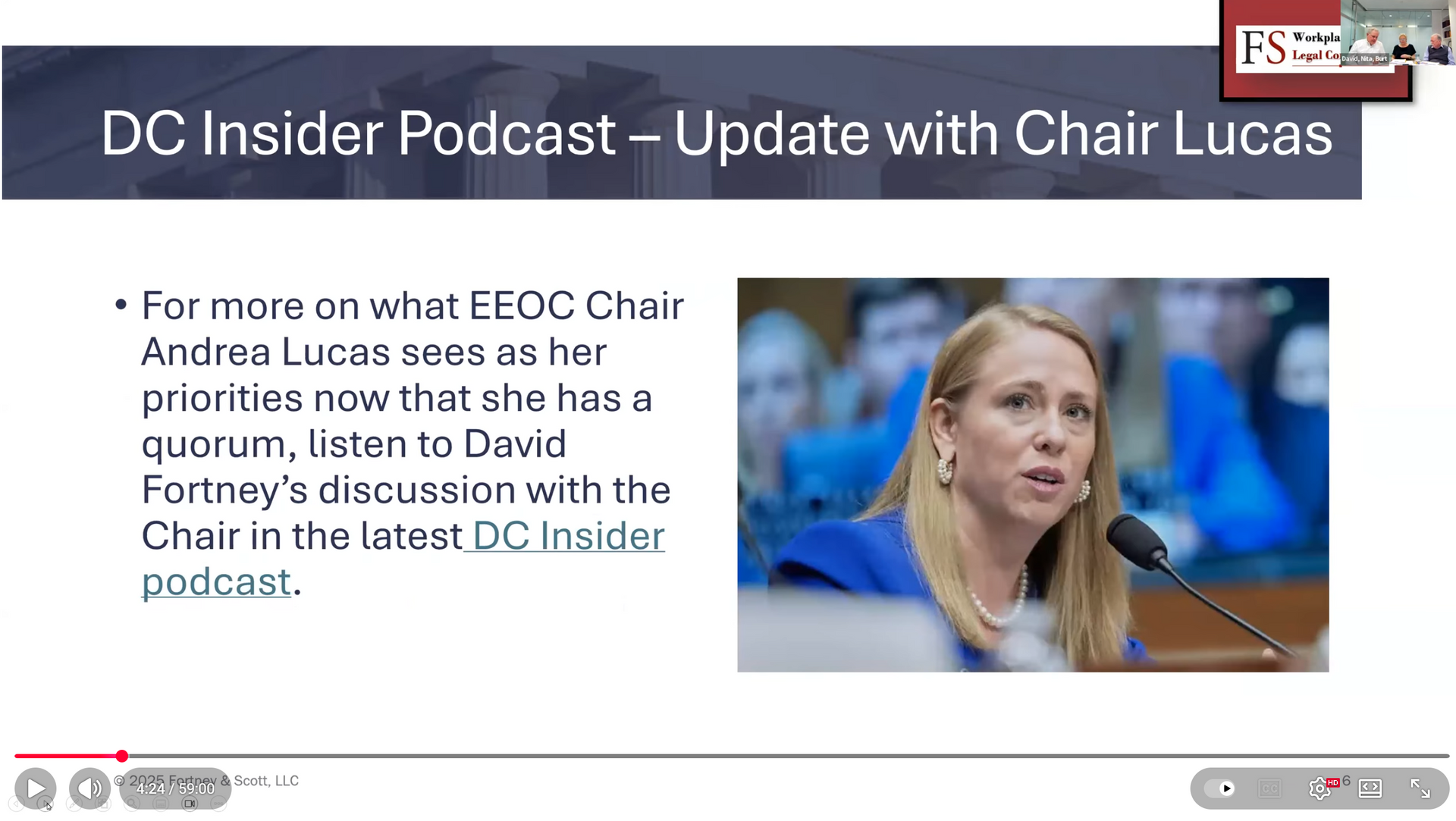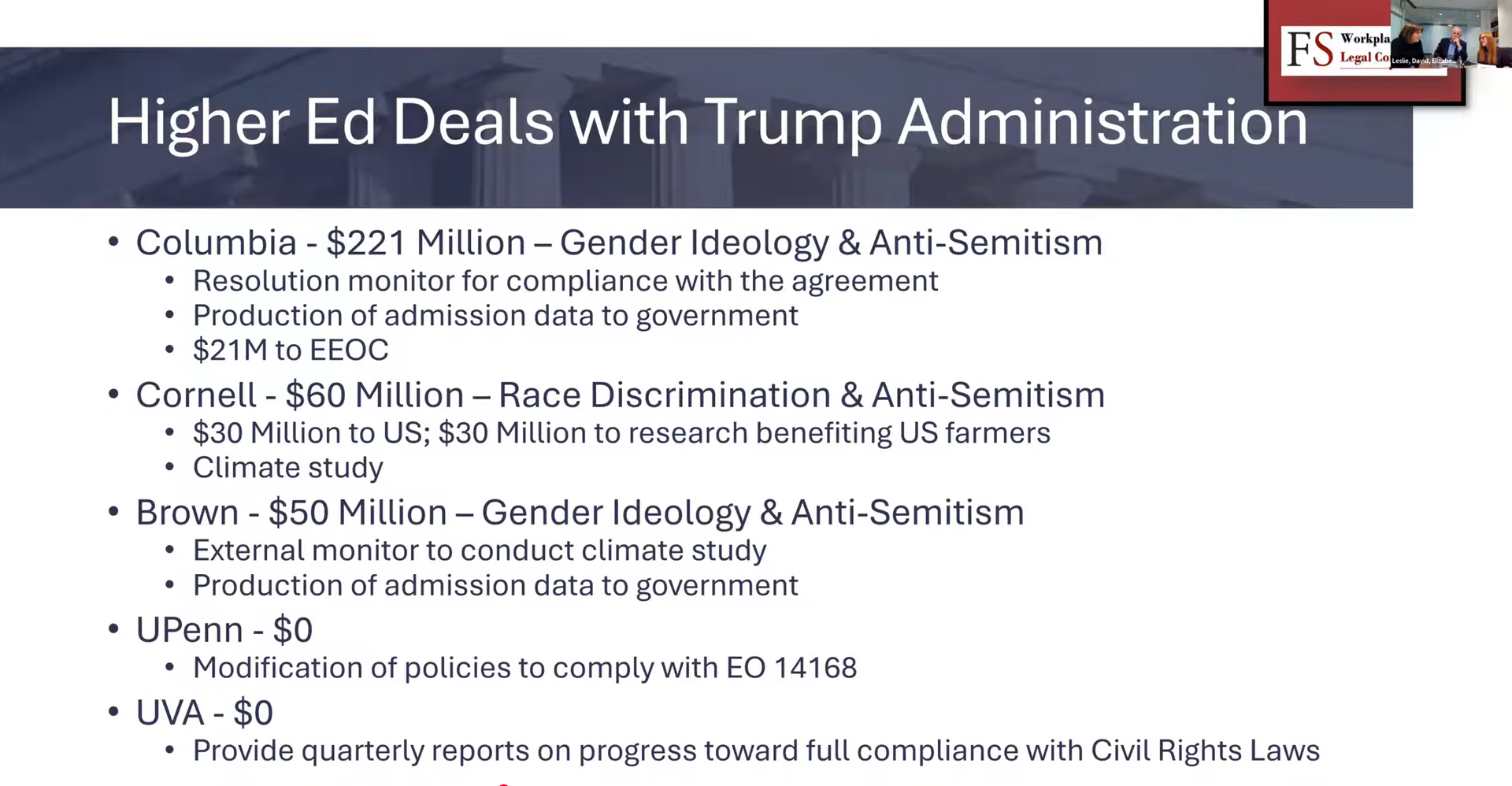February 4, 2026
As we move further into 2026, employers should review notable changes to DC employment laws that may impact workplace policies and compliance obligations. Minimum and Living Wage Rates : From January 1, 2026, through June 30, 2026, any DC contract or government assistance recipient receiving $100,000 or more, as well as their subcontractors receiving at least $15,000 for contracts or $50,000 for government assistance, must pay at least the living wage rate of $17.95 per hour. Starting July 1, 2026, both the minimum wage rate and the living wage rate will increase to $18.40 per hour. For tipped employees, the base minimum wage increases to $10.30 per hour on July 1, 2026. Non-Compete Restrictions : Starting January 1, 2026, employers are banned from entering non-compete agreements with employees earning less than $162,164, and with medical specialists earning less than $270,274 Pay Stub Transparency : Starting January 1, 2026, employers must itemize all sources of compensation on employees’ pay stubs, including wages, bonuses, commissions, tips, service charges, etc.











